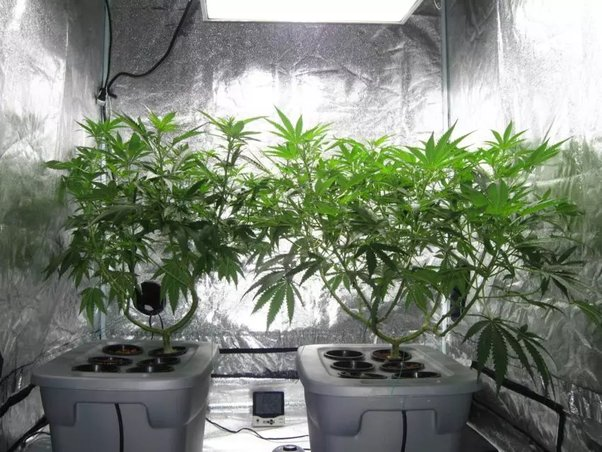Preventing Dry Socket After Extracting a Tooth
Preventing dry socket following tooth extraction is important. Dry socket, which can develop in the days following a tooth extraction, is a painful disease. Although it can be cured with medical intervention, avoiding the issue altogether is preferable.
Blood clots formed over the tooth socket after extraction typically preserve the underlying bone and nerves. The clot may not form or may become dislodged in certain instances. Without a blood clot to cover the exposed bone and nerve, the extraction site might become painful and infected.
The following advice will help you avoid dry sockets after tooth extraction:
Quit Smoking
The suction created by smoking has the potential to break up the clot in the blood vessel. Chewing tobacco and smoking also delay recovery. Tell your dentist if you smoke cigarettes. You should probably inquire about nicotine patches if you want to maintain smoking after getting a tooth pulled.
Be Careful What You Put in Your Mouth and Into Your System
For many days after your extraction, you will need to be particularly cautious about what you put in your mouth. To lessen the likelihood of a dry socket:
- Avoid using a straw, as this increases the risk of the clot being dislodged while you drink.
- Keep your diet on the softer side, and stay away from anything that requires too much chewing, gnawing, or tearing.
- Try to avoid biting the side of your extraction that is healing.
- For at least 24 hours after getting a blood clot, you should abstain from drinking and alcohol-containing mouthwash.
Gently clean your teeth and gums.
Do not gargle and brush your teeth and tongue roughly. After having an extraction, wait at least 24 hours before brushing the area.
To Sleep It Off
In the first 24 hours following a tooth extraction, you should try to rest as much as possible. This little break helps the blood coagulate and stops further bleeding.
Make Sure Your Dentist Knows About Your Medication
If your Riverside family dentist suspects that your birth control pill may be making you more susceptible to dry sockets, she may advise you to schedule your extraction during a time when your estrogen dose is at its lowest.
Keep all of your scheduled follow-up appointments.
Your dentist can check on the extraction site to make sure it heals properly during the follow-up appointment. Keeping these appointments will allow your dentist to address any issues as soon as they arise.




